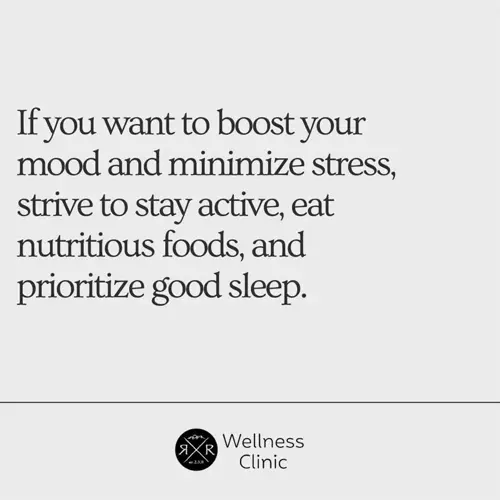How does self care impact physical health long-term?

Written by
Gina Mason
Reviewed by
Prof. William Dalton, Ph.D.Regular self-care routines have massive long-term physical health benefits from cumulative biological improvements. They do not work like quick fixes; instead, they optimize body functions over time. These eliminate chronic ailments because they care for the cause rather than the effect. This proactive measure leads to well-being, lasting advantages that cannot be achieved with reactive measures.
Sleep Regulation
- Consistent 7-9 hour sleep stabilizes cortisol and growth hormones
- Prevents metabolic disorders like diabetes through circadian alignment
- Enhances cellular repair processes during deep sleep phases
Hydration Optimization
- Adequate water intake maintains kidney filtration efficiency
- Supports joint lubrication preventing mobility limitations
- Enables optimal nutrient transport to vital organs
Movement Integration
- Daily activity preserves muscle mass preventing sarcopenia
- Maintains cardiovascular elasticity reducing hypertension risks
- Supports bone density retention against osteoporosis
Stress Reduction
- Regular breathwork lowers systemic inflammation markers
- Prevents stress-related digestive disorders like IBS
- Reduces plaque formation in arteries by managing cortisol
Boundary Setting
- Protected recovery time prevents adrenal fatigue progression
- Reduces chronic pain syndromes linked to tension accumulation
- Mitigates autoimmune flare-ups triggered by sustained stress
Incorporate practices that take effect through micro-habits that compound over time, such as pairing hydration with appropriate triggers for movement, like using the stairs. Pair breathwork with bathroom breaks to create automatic routines. Consistent use of these small behaviors leads to large biological changes over time without impacting daily schedules.
Individualize your approach to your unique health history. If you have a family history of arthritis, prioritize your joint-nourishing movements. If heart health is a consideration, shift your focus to stress-reducing movements and address any issues that may arise due to poor circulation. Personalized self-care yields precise prevention that speaks to your vulnerabilities.
Evaluate long-term results through biomarkers and functional evaluations year to year. Monitor changes to resting heart rate and markers of inflammation. I compare mobility tests longitudinally as I gain more data. These visible variables demonstrate the impact of self-care behaviors beyond what one might subjectively perceive.
Read the full article: 10 Essential Self Care Tips for Wellbeing

